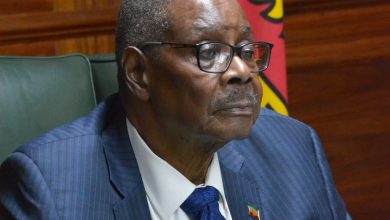Malawi lands K3.6bn EU, Unicef support
Malawi has received a $2.12 million (about K3.8 billion) boost from the European Union (EU) and the United Nations Children’s Fund (Unicef) to build resilience for one million people affected by climate-induced shocks.
The project is targeting 10 districts affected by El Niño weather last year and the package seeks to address food and nutrition insecurity affecting the communities, according to a joint statement by the Malawi Government, EU and Unicef.

The assistance targets one million people, but 600 000 will be children who will receive life-saving interventions in nutrition, health and child protection services.
In the statement unveiling the package, Department of Disaster Management Affairs (Dodma) commissioner Charles Kalemba is quoted as having said the support has come at a critical time when the nation is grappling with the impacts of drought induced by El Nino that rendered most households food insecure.
“We are committed to working closely with Unicef to ensure these interventions reach the most affected communities,” he said.
On his part, EU director general for European civil protection and humanitarian aid operations Pablo Torrealba Guerra highlighted the union’s commitment to humanitarian action in Malawi.
“By working closely with our partners, we aim to provide lifesaving assistance and strengthen resilience in the face of recurring challenges, ensuring no one is left behind,” he said.
In his comments, Unicef country representative Shadrack Omol said during climatic shocks such as El Niño, children under five years are the most vulnerable.
He said: “They are most at risk of malnutrition and common childhood illnesses such as diarrhoea and malaria.
“This additional partnership with the EU is particularly welcome, as it will enable Unicef to provide support to critical emergency nutrition, health, and social services in a timely manner.”
The targeted 10 districts are Balaka, Blantyre, Chikwawa, Machinga, Mangochi, Mulanje, Mwanza, Neno, Nsanje and Thyolo.
The Malawi Vulnerability Assessment Committee (Mvac) report shows that the number of people in need of food aid has increased this year from 4.2 million to 5.7 million.





